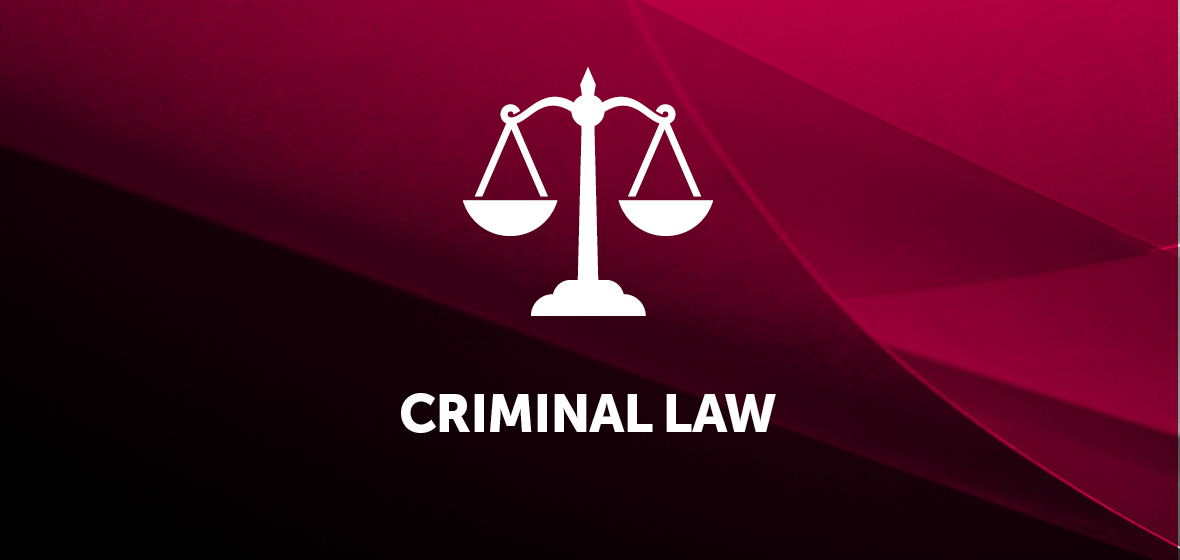Key decisions
- Director of Public Prosecutions (NSW) v Jones, Dillon Michael [2017] NSWCCA 164
- Van Zwam v R [2017] NSWCCA 127
- Imbornone v R [2017] NSWCCA 144
Director of Public Prosecutions (NSW) v Jones,
Dillon Michael [2017] NSWCCA 164
Breach of bond – bonds imposed in the District Court on appeal – power of the Local Court to deal with s 9 bond on breach
The Court of Criminal Appeal (‘CCA’) has found that, where an offender appeals a Local Court sentence to the District Court, gets a bond in the District Court appeal, and then breaches that bond, the Local Court still has the power to call the offender up for it.
The respondent was sentenced in the Local Court for five offences. He appealed that sentence to the District Court, and a judge imposed s 9 bonds in relation to all offences. One condition of those bonds was of a well-worn variety: to be of good behaviour and appear before the court if required. The conditions also included that the particular District Court judge be notified if there were any breaches. There must have been a breach of the bonds, although there are no details set out in this CCA decision; whatever it was, it led to the respondent being called up for the breach of bond, and the Local Court re-sentenced him to an aggregate sentence of imprisonment. He then appealed that new sentence to the District Court. So, just to summarise:
Local Court sentence; District Court appeal; Local Court breach proceedings and re-sentence; then second District Court appeal. The District Court judge hearing this second appeal had doubts about whether the Local Court had power to do what it did with the breach. The Judge referred the stated case to the CCA asking, amongst other things, whether the Local Court had jurisdiction to resentence the respondent in relation to the District Court bond.
The CCA (Basten JA, Harrison and RA Hulme JJ agreeing) found that the Local Court call-up of the District Court bond was not invalid. Section 98 of the Crimes (Sentencing Procedure) Act 1999 provides, unsurprisingly, that the court which imposes a bond may call an offender to appear before it. Section 98(1)(b) provides that any other court ‘of like jurisdiction’ may also call the offender up. The CCA held that, in the present circumstances, the Local Court was a ‘court of like jurisdiction’ (at [18] and [24]). Although the District Court is a court of ‘superior jurisdiction’ when it is conducting its appellate role, when it actually imposes a sentence on such an appeal it can only impose a sentence that the Local Court could have imposed (at [24]), rendering it a like jurisdiction. Separately, the CCA also held that the ‘condition’ requiring the particular judge to be notified of a breach was legally ineffective (at [9]), although a close reading suggests the effect of that fact to be minimal.
Practitioners will immediately appreciate that, given the choice, an accused will ordinarily want to deal with a breach of a District Court appeal bond in the Local Court, since that preserves the right to subsequently appeal (again) to the District Court. However, in a practical sense the offender might not have a choice, since unless the breach is new offending, the first time the offender hears about it will probably be when the original court calls the offender up for breach proceedings (whether or not the condition requiring the judge to be notified is technically effective).




